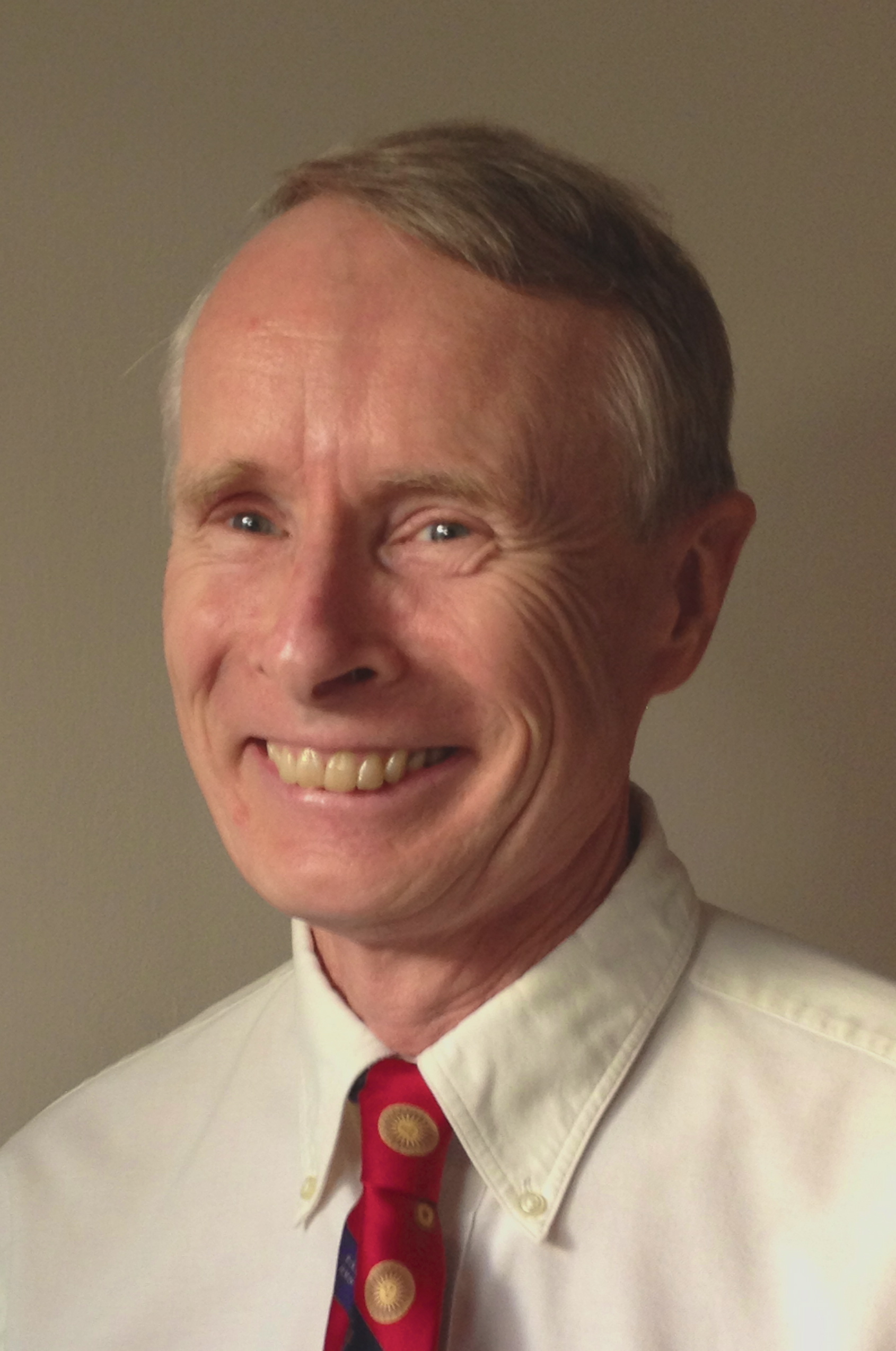Candidate Statement: Stephen Unwin
Nominated Office: Councilor
Affiliation: Jet Propulsion Laboratory, California Institute of Technology
Position/title: Principal Scientist
PhD institution: University of Cambridge (1980)
Areas of scientific interest:
- Extrasolar planets
- Stellar debris disks
- Relativistic jets in AGN
- Space-based astronomy instrumentation
AAS positions:
- AAS Division on Dynamical Astronomy (Committee 2000–2002, 2006-2007, Chair 2006–2007)
- Brouwer Award Selection Committee (Chair 2010)
- AAS Member (since 1980); DDA and DPS member
Other relevant positions and experience:
- Exoplanet Exploration Program, Deputy Program Scientist (2005-2013)
- Deputy Director, JPL Center for Exoplanet Science (2005-2011)
- Deputy Project Scientist, Space Interferometry Mission (2000-2010)
- NASA Keck Time Allocation Committee (2013)
- NASA proposal review panels (1994, 1998-1999, 2011-2013)
- NSF Management Review Committee of Arecibo Observatory (2007)
- National Science Foundation proposal reviewer (2000–2005)
- Arecibo Users Committee (2000–2003, Chair 2003)
- NRAO Users Committee (1992–1995, Chair 1995)
- SETI Scientist, Caltech (1991-1993)
- Proposal Referee, US VLBI Network (1990-1992)
- Manager, VLBI Correlator, Caltech (1985-1996)
- Full member of the RAS (since 1980), IAU (1985), URSI (1985)
- Research Fellow in Radio Astronomy, Caltech (1980-1984)
Candidate Statement: The AAS is vital for US astronomy. It’s a privilege, and an obligation, to share the natural excitement and the relevance of our field with a wider audience — and it’s necessary for the long-term health of our community. My goal as Councilor will be to insure that the Society continues to be a resource to the professional astronomy community, through its meetings and publication support, and to engage the general public, amateur astronomers and teachers.
Our community faces some tough issues, such as the low selection rates of proposals to NSF and NASA, and the prospects for academic employment of astronomers just starting their professional careers. The AAS should continue work toward solutions with government agencies and the various national committees that set policy and priorities for our field.
My scientific and professional experience is broad, having worked in academia and a government laboratory. I've written many observing and research proposals so I understand the pressures that proposers face. As a reviewer I’ve faced the challenge of allocating scarce resources fairly and effectively. As an organizer of many workshops and conferences, I appreciate the very diverse interests of AAS members. As Councilor, I will listen to the membership's views and concerns and I will represent your interests.


